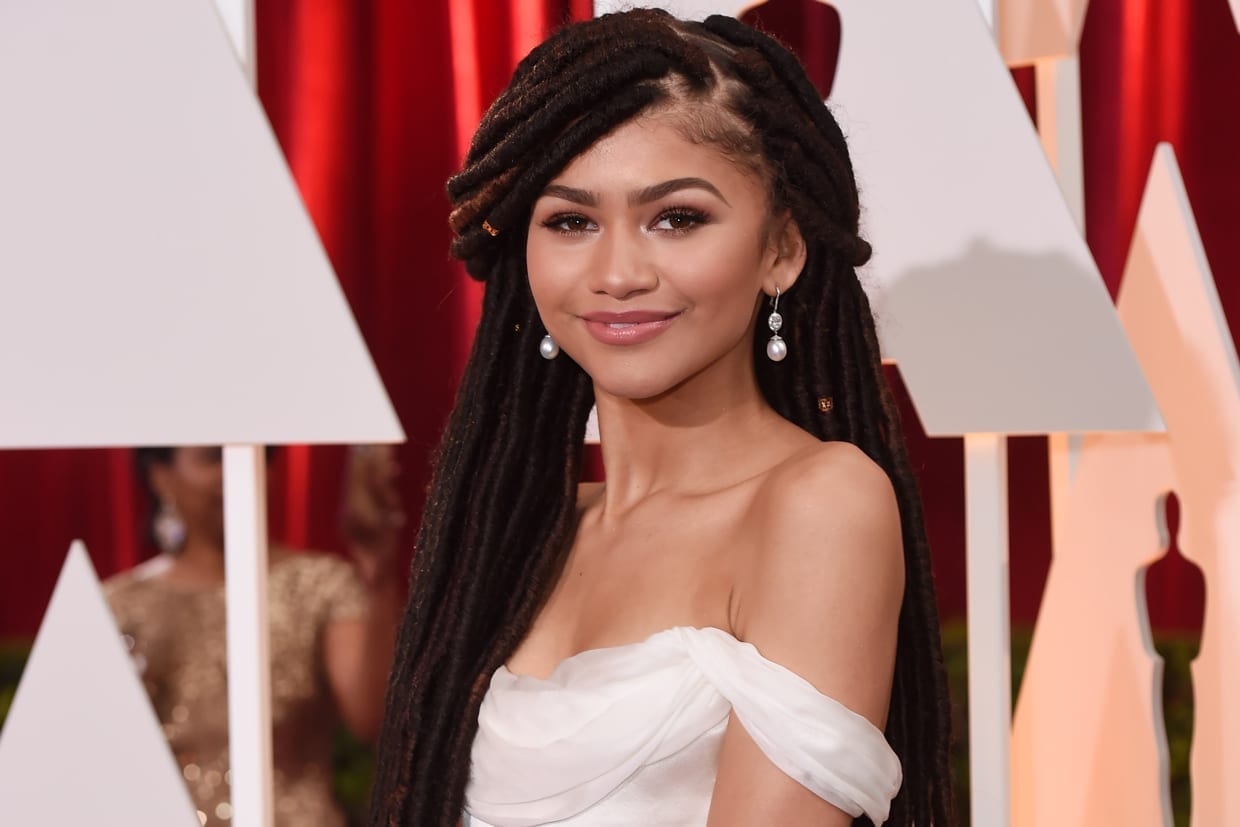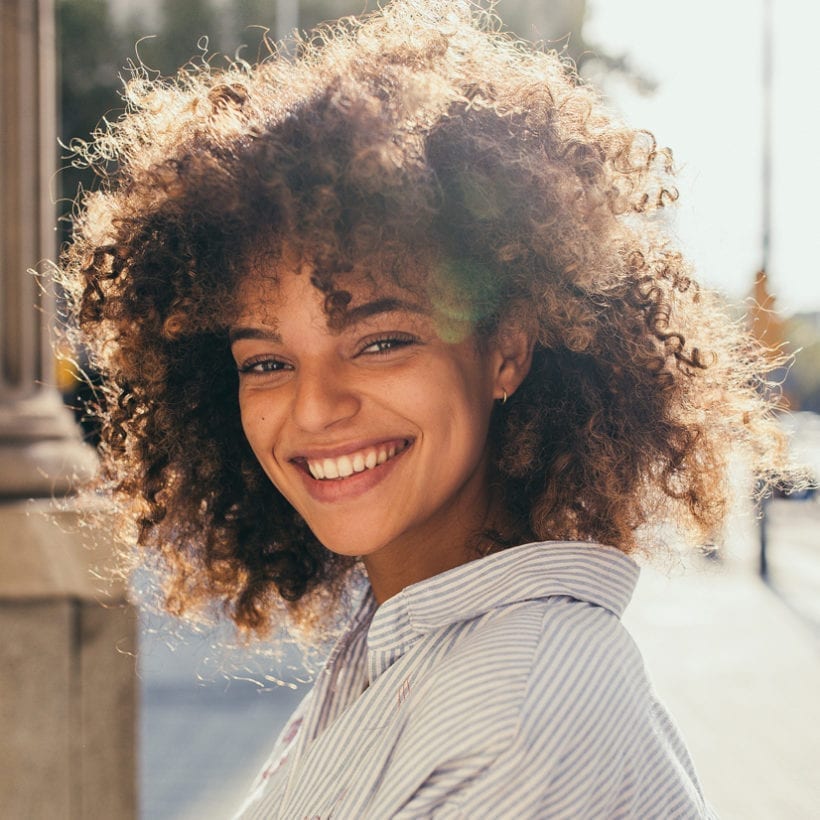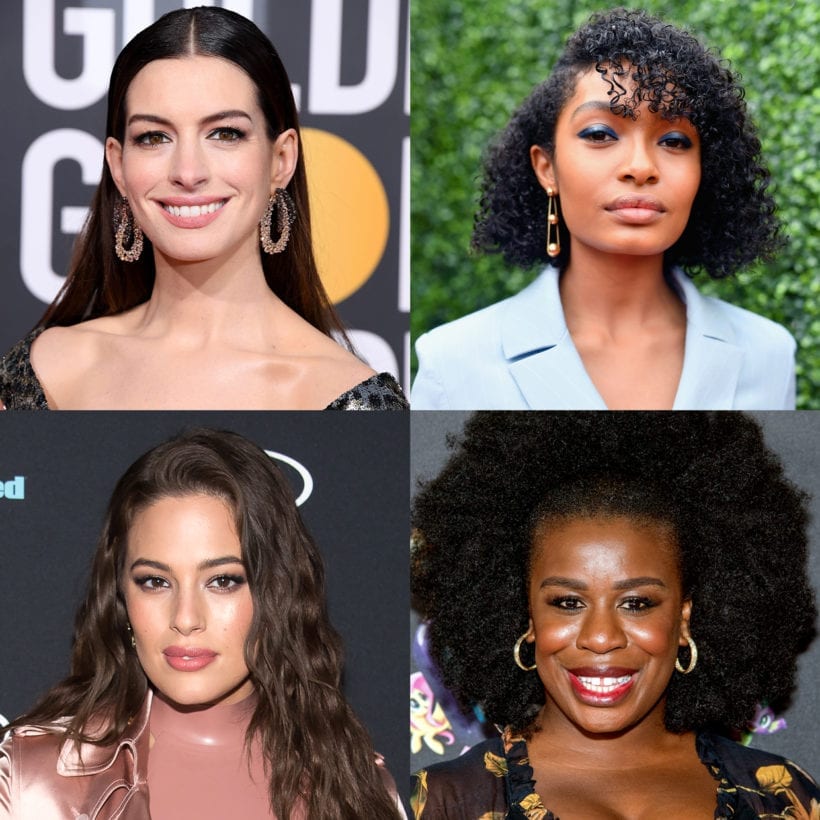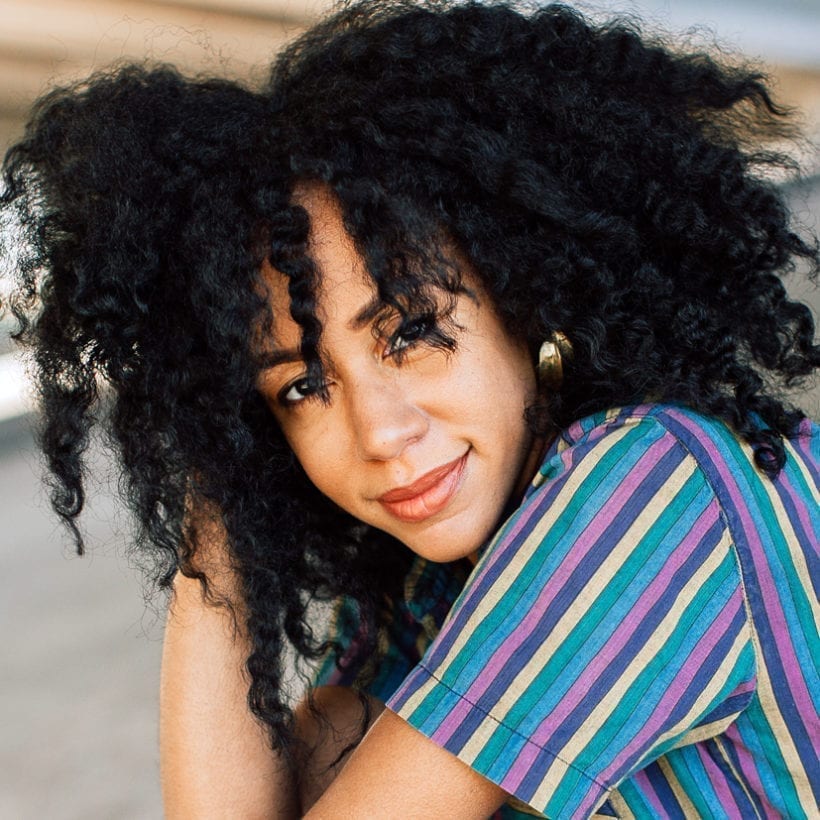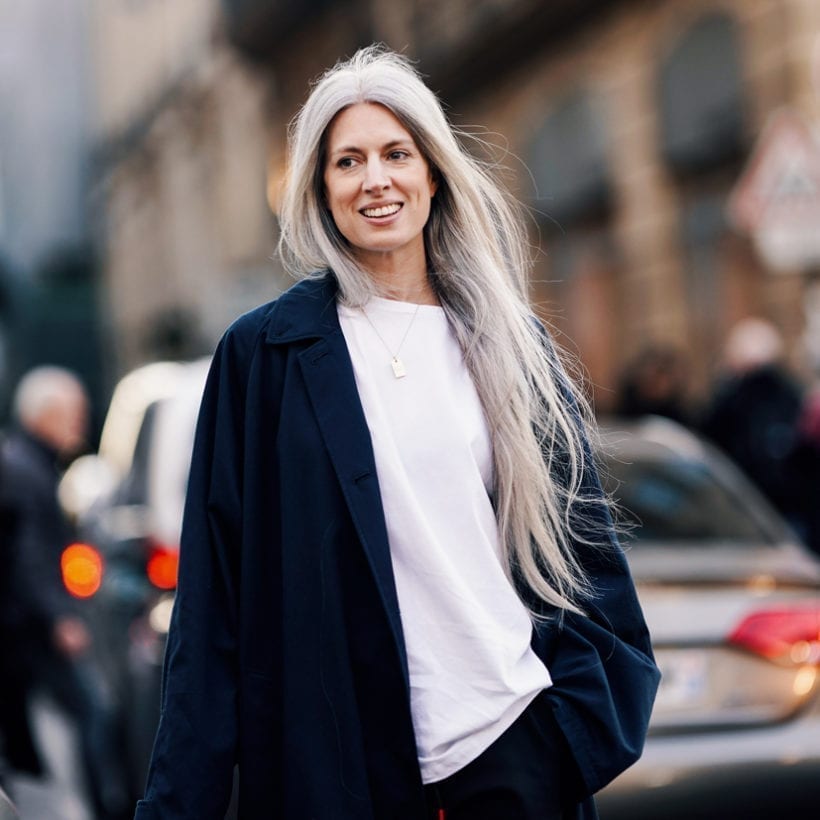In case you missed it, The New York Times released a report that the New York City Commission on Human Rights, under new guidelines, will deem the targeting of people based on their hair or hairstyle at work, school or in public spaces as racial discrimination. California soon followed suit by proposing a new bill supported by Sen. Holly Mitchell as the “Crown Act” (Creating a Respectful and Open Workplace for Natural Hair). While this was overdue and well needed due to the countless examples of hair discrimination — especially when it comes to black women, I couldn’t help but think about Destiny Tompkins, a 19-year-old black woman working at the Banana Republic who was told her box braids looked too “urban” and “unkept” or Lupita Nyong’o and Zendaya sharing how black women are still being shunned for natural hair and protective styles in Hollywood.
I also couldn’t help but think about the first time I realized how much my hair had an impact on how others perceived me. I was fresh out of grad school and began the challenging and emotionally taxing journey of my job search. My friends and family were super supportive and would ask me a series of questions as I prepared for the next interview including, “What are you going to wear?,” “What color will your nails be?,” “How will you do your makeup?,” and the biggest one of them all, “How are you going to wear your hair?” As someone who changes my hair as often as I change my mood, I did not really think about how my various hairstyles could potentially influence the perception of a future employer, especially as a black woman.
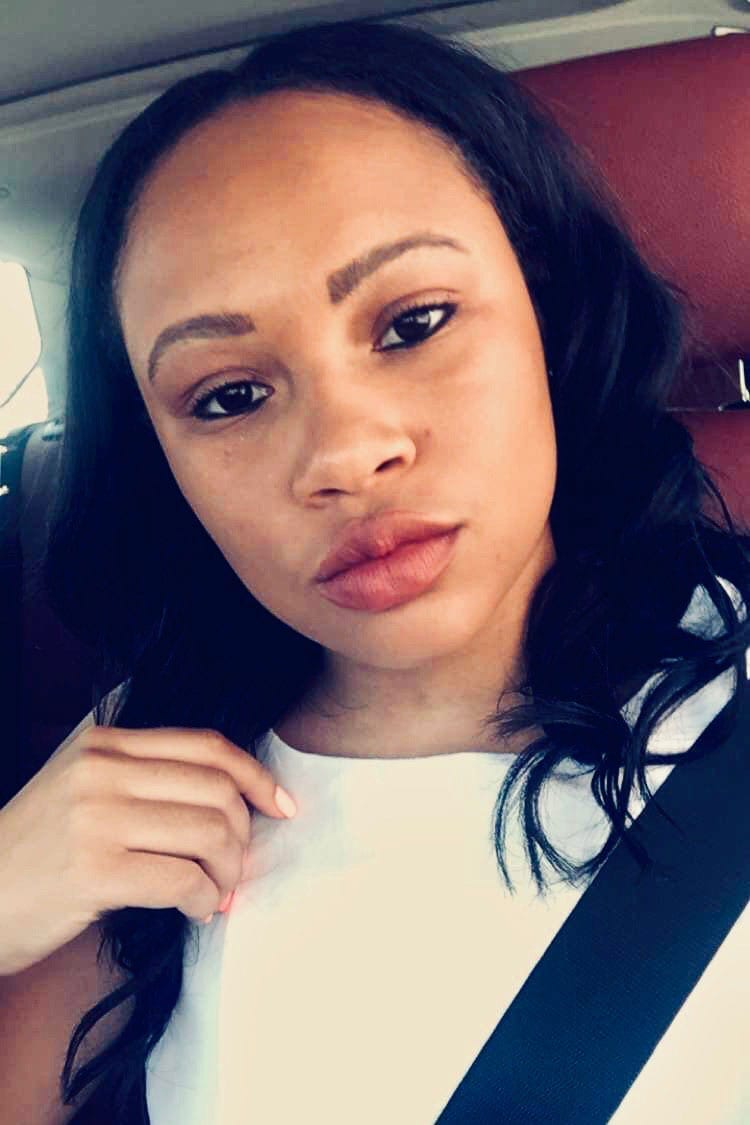
As I prepared for an interview with a black-owned media company, my mother asked me the infamous question about my hair. I told her that I wanted to get some box-braids and she shared that she did not think braids would be a good first impression for an interview and could even be viewed as unprofessional. I could not fault my mother for telling me that. It was only something that she got told and had to deal with her whole life as a black woman in the Chicago Public School system. At the start of her teaching career, she was told to go “mainstream” and always thought to wear her hair straight. I truly believe this was the general consensus amongst other Black women her age as well.
Although I thought to myself, “how could I be viewed as unprofessional by a black-owned company for wearing braids?” But as someone who was fresh out of graduate school and never had a *real* industry job, I did not want to jeopardize my chances in any way. So, I decided to wear a quick weave glue-in with some loose-wave curls.
To my surprise, the black woman that I interviewed with (who turned out to be my first boss) wore her natural hair brushed up in a high ponytail, with a kanekelon bun. After leaving the interview, I was filled with many thoughts and emotions, but one that I will never forget was that she wore her natural hair. I was beyond ecstatic. Here I was worried about my hair, only to find out that the woman interviewed me wore her hair in its natural state all while looking professionally beautiful.
But sadly, for Kyra Kyles, a multimedia-media executive from Chicago and former editor-in-chief of Ebony, that was not always the case. “The hair issues I faced were mostly early in my career (the early 2000s) when I was a TV reporter, the style, as it continues to be for an industry that at times seems stuck in the ’50s, was pressed or permed,” she says. “I initially wore my hair in a short cut that evolved into a flat-ironed bob and it cost quite a bit to keep it ‘air’ ready. Toward the end of my tenure at a station, I experimented with a curlier, kinkier style that was also cute and noticed that the demand for me to appear in live shots at the beginning and end of my stories seemed to mysteriously decrease. Some might say it was because I was leaving the station and it wasn’t as critical for me to appear on air, but I am of the strong belief it was because I was not rocking that sleek short bob that I’d been maintaining on a meager salary, sometimes to the detriment of my hair care regimen. Adjusting my appearance was required to look the part for older white viewers who had no problems calling in and commenting harshly about on-air personalities’ appearances.”
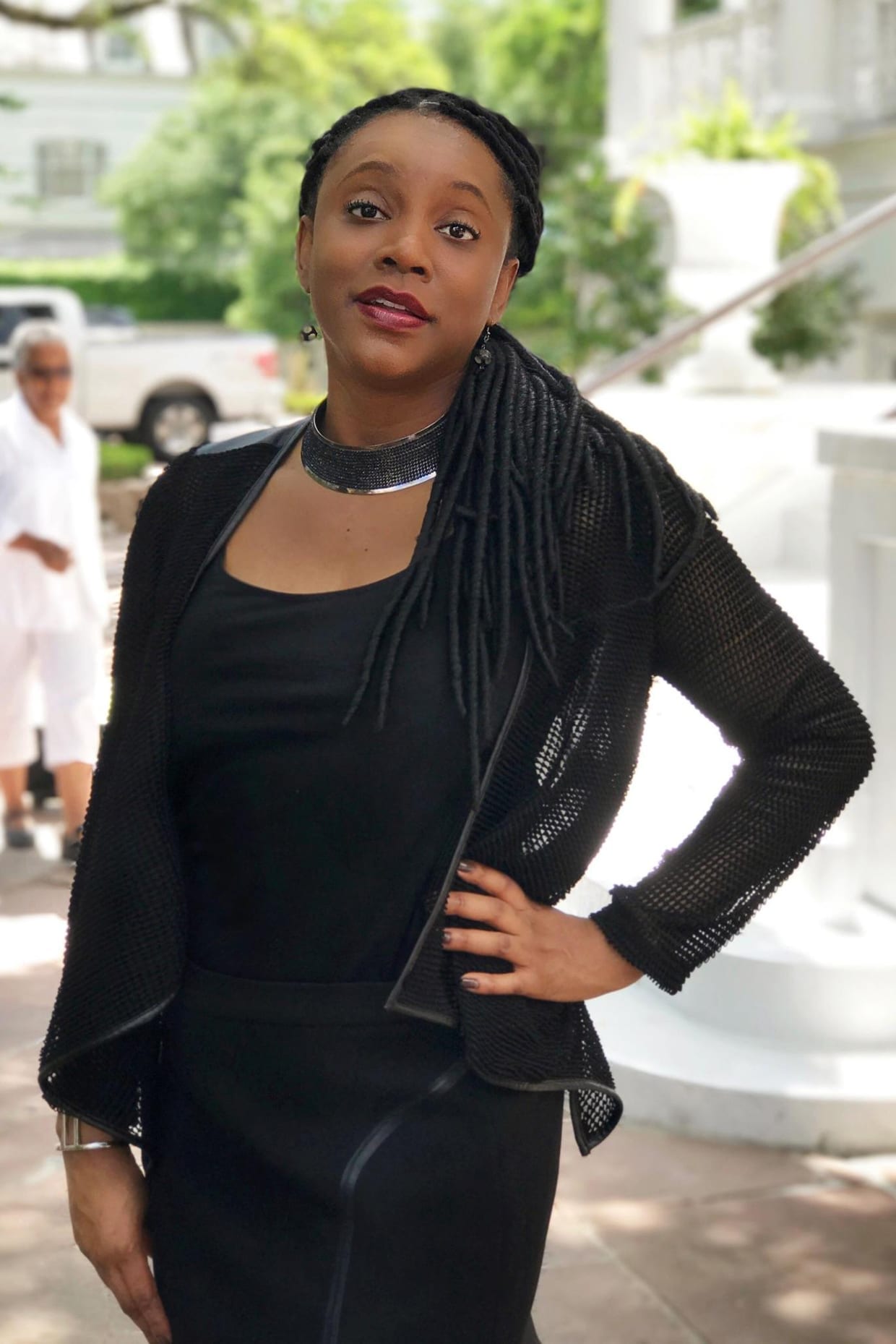
“Earlier during my time at the station, some viewers were confusing me for a counterpart who had a darker complexion, was about a foot shorter and had much longer hair. I recall a conversation during which it was suggested I cut my hair to make the distinction between us more clear [sic],” Kyles says. “Though I enjoyed being on-air and still contribute to TV, this insistence on straight hair was one of the many reasons I wasn’t as interested in remaining a full-time local news broadcaster. It was that pressure regarding my hair, plus lengthy conversations with my industry colleagues about the limitations of seeking jobs where having one to two other black correspondents or anchors at a station would mean ‘another one’ wasn’t needed. Once I went into being a multi-platform journalist and TV pundit for stations including WGN-TV and CLTV, I was happy to get my freedom back. I still faced foolish comments, like a headshot photographer who, around 2011 or so, asked if I was sure I wanted to get my photos done with my hair natural because to him I looked more like an ‘Earth mother,’ and he suggested I go with a more ‘glam, straight’ style.”
Here more black women share their personal recollections of being discriminated against because of their hair:
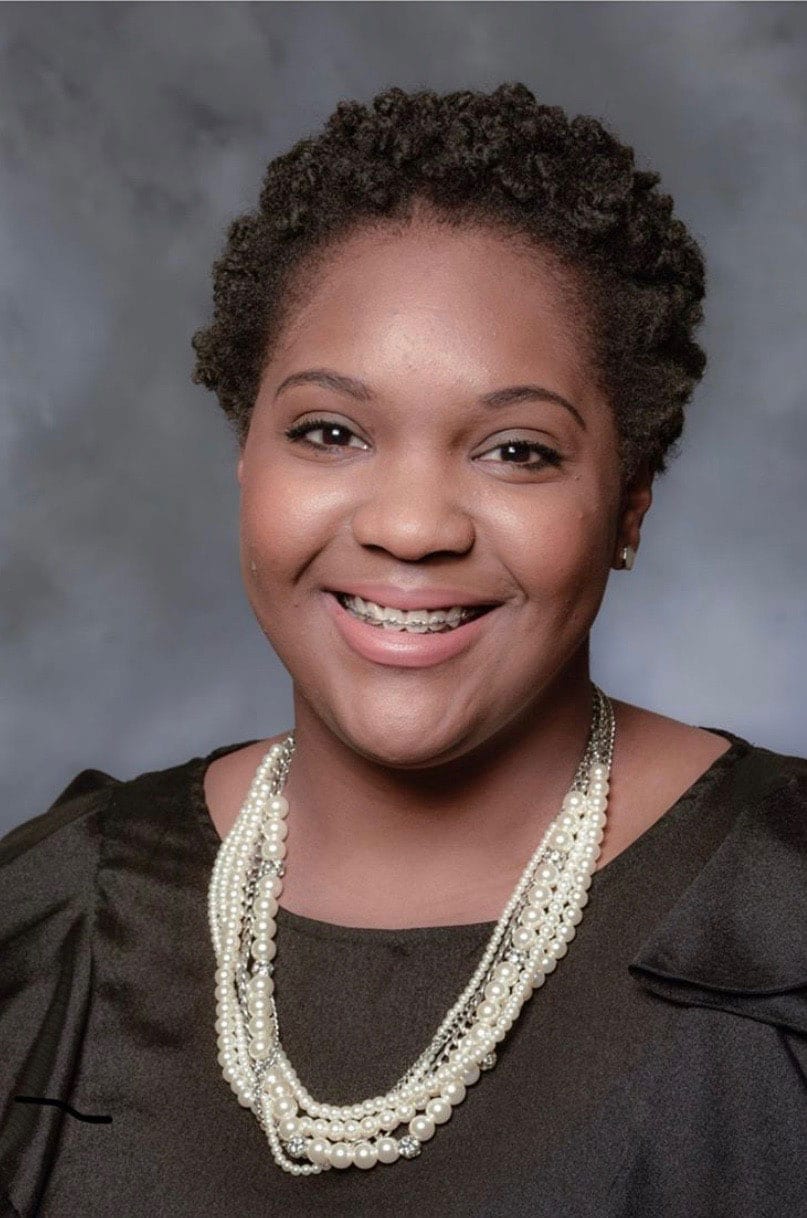
Amber B., a certified wedding and event planner: “I recall a time where I felt that my natural hair was holding me back. A couple of years ago, I was on a major job hunt and aggressively interviewing. The interviewer would love me on the phone. However, once I entered the room for a face-to-face meeting, I felt that the interviewer was not receptive to my appearance. I would do my best in the meeting, but the recruiter always reached back out with the same response — you aren’t a good fit at this time. This continued to happen for several interviews, so I finally changed my hair to a straight wig. Literally, once I made this switch, I was hired at the very next company I interviewed for and when speaking with peers, I found that this happens all the time. Black women in corporate America are slowly embracing natural hair, but if we are trying to make a ‘good’ first impression while interviewing, we know we need to change our hair. Honestly, I’m currently looking for a new role and recently interviewed with a company. So, I’m wearing a straight wig right now.”
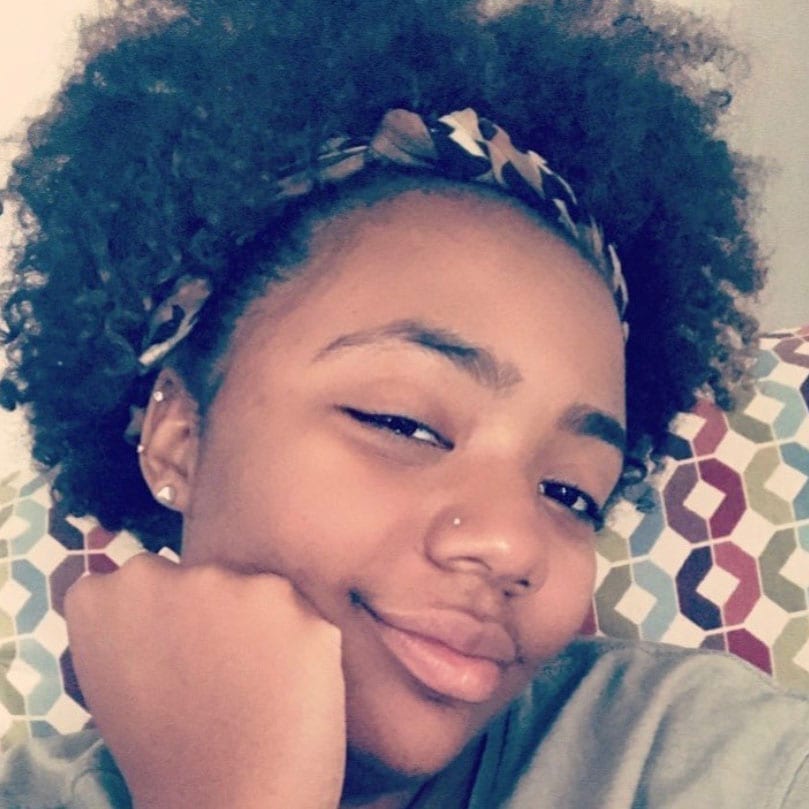
Samantha S., a preschool teacher in Iowa: “I walked into work on a Monday morning after cutting my hair. [The big chop] It was custom for us to walk into our boss’ office to prepare for the day. So, I walked in and said good morning as I usually would. Only to be greeted by flabbergasted expressions. They [the boss and assistant] expressed how they thought it looked and how they could never have the guts to do something so ‘drastic and unexpected.’ They later started comparing me to Rihanna and other edgy black women. But it didn’t stop there, they were sure to ask if I planned on straightening my hair because they thought it would be ‘so cute that way.’ I, of course, replied no. From that point forward I was often called in the office to fix things that I had been doing the same way since my start at that job. I was often made to feel like a black sheep. It eventually became too uncomfortable and I quit, maybe four or five weeks after the initial incident. It had me feeling that my long straight hair [and the occasional weave] was a big reason I was given the job, not my merit or ability to actually do the work. In the future, I can only hope that the next black woman chooses to educate instead of retaliating. Choose to be fearless instead of fearful.”
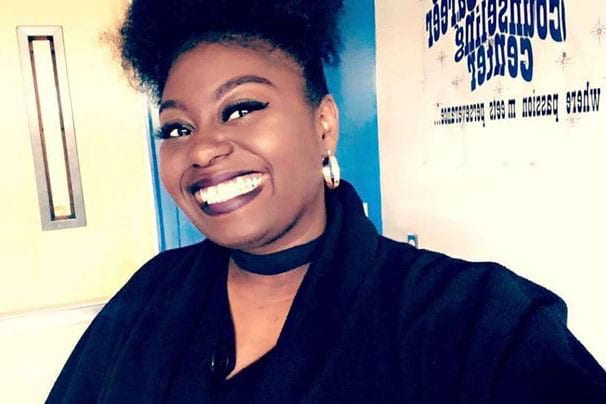
Rachael H., a high school counselor in California: “I wore my natural hair in a pineapple and I was told that I couldn’t take my ID picture because my hair was uncombed.”

Elissia F., a Ph.D. chemistry candidate at Purdue University in Indiana: “When I first big chopped, I was very insecure at the time. I remember entering the research lab and my mentor asked me what made me want to cut my hair. I told her that I wanted my hair to be healthier and the big chop would help me start over. I also told her that I was really looking forward to walking across the stage during graduation with big fro. She told me that it was so unprofessional.”
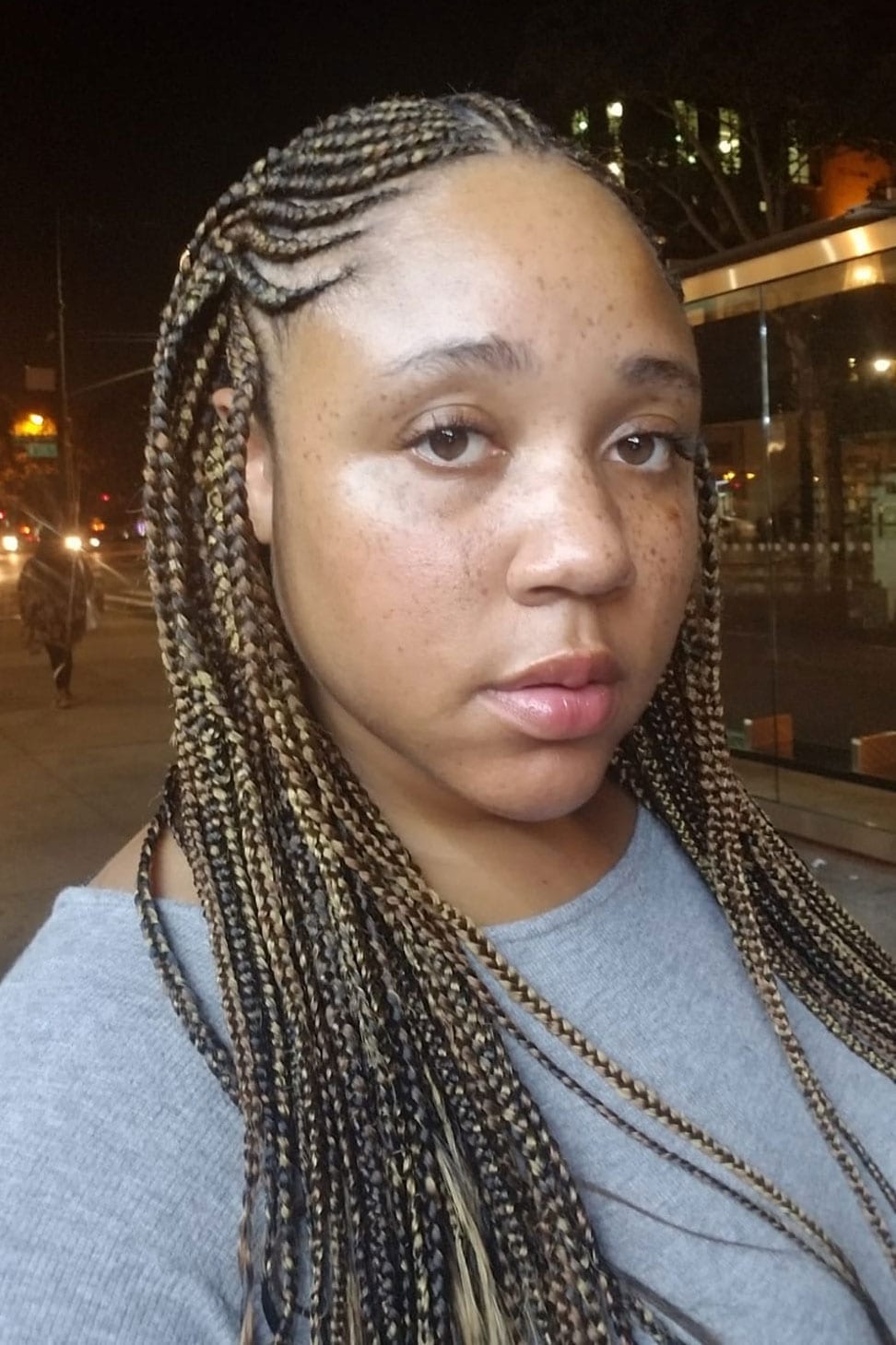
Sierra B., a senior account executive in New York: “When I was a 14, I went to a sleepaway camp and there was a kid there who was particularly cruel and continuously made fun of my hair. It was in box braids – what I can assume to be the most popular and practical hairstyle for black girls away at camp. This boy, who was white, would go on and on about how my hair was fake and plastic, often making the other kids erupt with laughter. Once he said, ‘My mom has a doll with hair like yours … and it’s fake, too!’ I could never get away from him, literally, as we were out on a boat sailing the Chesapeake. And the camp counselor’s response was to ignore him. I felt isolated and degraded. Worst of all, he was popular so even girls who empathized with me would say nothing.”
Now that both NYC and California have established such a progressive guideline, we can only hope that it will be enforced, especially in the workplace. No one should be discriminated against because of their personal decision to wear their hair the way it grows out of their scalps. For many black women, our hair is a part of our cultural identity and styles like twist outs and Marley twist shouldn’t be deemed as unprofessional under any circumstance. We will be patiently waiting to see how many other cities take a page out of these two major cities and follow suit.
We only recommend products we have independently researched, tested, and loved. If you purchase a product found through our links, Sunday Edit may earn an affiliate commission.
